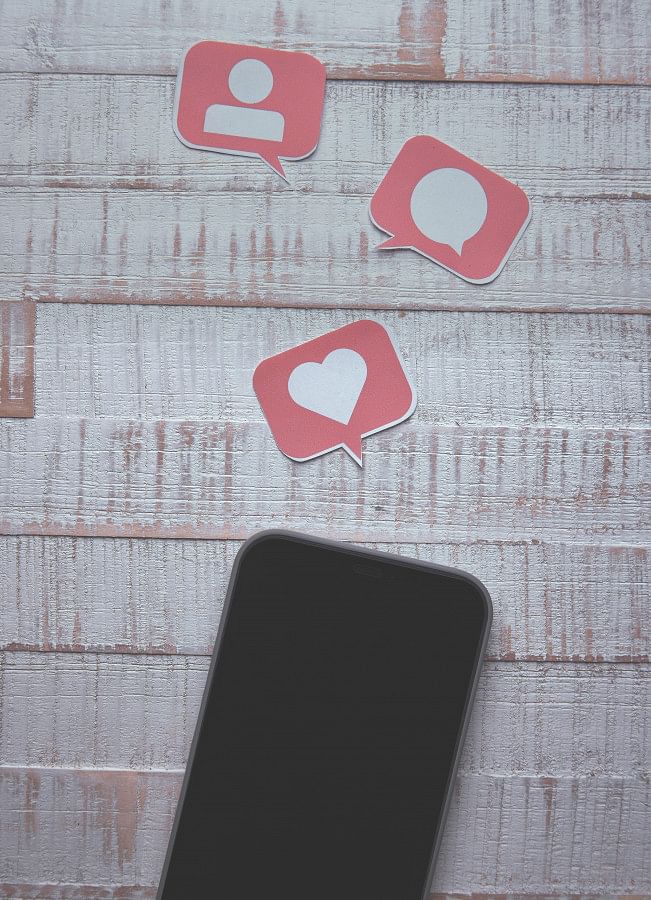Ah, social media! Our modern theatre, where the netizens are armed with memes and hashtags. When commenting on Facebook or Instagram, seemingly normal individuals transform into keyboard warriors, ready to wage World War III over the correct usage of "your" vs "you're."
First off, let's discuss the inception of digital battles. Picture this: a serene photo of a sunset with an inspirational quote underneath, something innocuous like, "Every sunset brings the promise of a new dawn." Beautiful, right? Wait for it ... Here comes a comment, "Actually, sunsets are just an illusion caused by the Earth's atmosphere and..." and boom! We're off to the races.
What starts as a gentle correction evolves into a heated debate on climate change and flat Earth theories, and somehow, ends on whether pineapple belongs on pizza.
Now, onto the art of making insensitive remarks. Social media comments are often a free-for-all where empathy goes to die. A user posts about their pet passing away, and amid the condolences, there's always that one person who comments, "It's just a dog, get over it."
Ah, thank you, kind sir, your unsolicited wisdom has cured all grief. Why go to therapy when you can have your emotions invalidated for free in the comments section?
Then there's the battleground of body positivity, a noble cause turned into a circus by misinterpretation and mockery. A post meant to uplift and empower often becomes a target for ridicule because someone decides that the concept of celebrating all body types is too revolutionary.

Comments like, "Why promote unhealthy lifestyles?" "Why glorify obesity!" rain down, completely missing the point that body positivity is about self-love and respect, not health directives issued by the faceless masses of the internet.
But why, oh why, do we engage in this digital gladiatorial combat? Are we so desperate for validation that we must triumph in every online skirmish? Is there a secret prize for the most arguments sparked in the comments section of a recipe video? If so, may the odds be ever in your favour, dear warriors?
Thanks to the lack of tone in the text, sarcasm often flies overhead, jokes land with a thud, and genuine compliments are viewed with suspicion. It's like playing an emotional scene from a Karan Johar movie with every comment you leave. Will they understand the joke? Will they send an angry mob with virtual pitchforks? Stay tuned to find out.
Now, for a radical idea: What if we were more conscientious with our comments? Imagine a world where we pause, ponder, and proceed with kindness before hitting send. A comment could be a place for encouragement, a constructive critique, or – if you disagree and feel the urge to start a keyboard war – maybe, just maybe, keep scrolling.
It's a wild thought, but consider the serenity of a comments section where civility reigns. Revolutionary, isn't it?
As much as the absurdity of Facebook and Instagram comments provides endless entertainment and bewilderment, let's remember that behind every comment is a person. A little empathy can go a long way in making social media a bit less of a battlefield and more of a community.
So, the next time you gear up to drop a comment, ask yourself: Is it true? Is it necessary? Is it kind? If not, maybe keep that gem to yourself, or at least, make it funny enough that we can all have a good laugh.










Comments